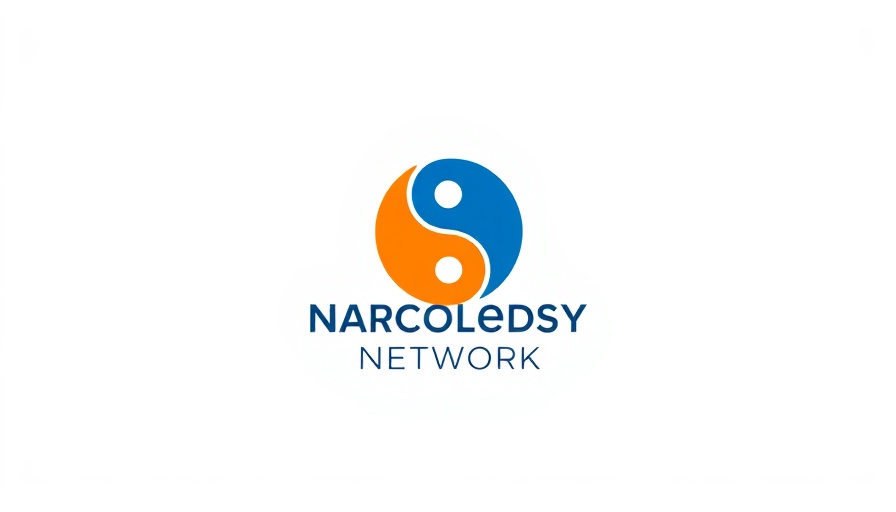
The Unraveling of the 8-Hour Sleep Myth
In a world where productivity is prized, the narrative surrounding sleep often dictates how we manage our time and energy. The commonly held belief that adults need a full eight hours of sleep has permeated our culture, but recent insights suggest this might not be as true as we’ve been led to believe. In fact, finding the right balance between rest and productivity can significantly enhance how effectively we function, especially for busy executives and entrepreneurs aged 35-55.
In '8 hours of sleep is a myth', the video challenges the conventional belief about sleep duration, inspiring us to explore a more personalized approach to sleep and productivity.
Understanding Sleep Needs
Recent studies reveal that sleep requirements can vary significantly among individuals. While an average of eight hours has historically been marketed as the gold standard, factors such as genetics, lifestyle, and stress levels play critical roles in determining the optimal amount of sleep for each person. This means that the fluff around the '8-hour rule' may oversimplify a complex physiological need.
Real-Life Examples: The Sleep of High Achievers
Take a look at some of the world's most successful individuals. Tim Ferriss, author of "The 4-Hour Workweek,” often claims to thrive on just six hours of sleep. Similarly, President Barack Obama has shared insights about his personal sleep schedule, which often dips below the traditional eight-hour benchmark yet allows him to tackle a high-stress job with vigor. These examples highlight that successful and resilient individuals can find what best supports them under various circumstances and stress levels.
Future Trends in Sleep Science
Looking ahead, sleep science is poised to evolve rapidly. With advancements in wearable technology and sleep tracking apps, it will become easier for people to monitor their sleep patterns and customize their sleep needs. This information can empower every individual—including executives and busy professionals—to make informed decisions about their health.
Counterarguments: Embracing Different Perspectives
While many promote the benefits of reduced sleep, there are valid counterarguments underscoring the importance of adequate rest in cognitive function and emotional well-being. Notably, chronic sleep deprivation can lead to decreased productivity, increased stress levels, and poor decision-making skills. It’s essential to embrace a nuanced perspective that appreciates the value of both sleep quality and quantity. Each individual's needs differ and require careful consideration.
Actionable Insights for Busy Professionals
How can busy professionals take charge of their sleep habits? Here are a few practical tips:
Create a Sleep Schedule: Set consistent sleep and wake times to regulate your body’s internal clock. This can contribute to improved sleep quality, regardless of the total hours.
Practice Wind-Down Rituals: Engage in relaxation techniques, such as meditation, light stretching, or reading, to help transition your mind from a busy day into restful sleep.
Optimize Sleep Environment: Ensure your bedroom is conducive to rest—dark, cool, and quiet. The quality of your sleep atmosphere can considerably impact how restful your nights are.
Emotional and Human Interest Perspective: The Power of Sleep
Given the high-stakes nature of their roles, many executives and entrepreneurs may feel overwhelmed and pressured to sacrifice sleep for productivity. However, recognizing that mental health is correlated with sleep quality is a powerful insight. Investing in adequate and restful sleep is not a luxury; it is a necessity. It holds the potential not only to enhance one's productivity but also to cultivate a more fulfilling life, making it even more crucial for busy people to embrace these insights.
Conclusion
As we continue to decipher the intricate relationship between sleep, health, and productivity, it’s clear that balancing rest and work is essential. Instead of rigidly adhering to the myth that eight hours is the only way to succeed, individuals should pay attention to their unique sleep needs. By re-evaluating our sleep habits and making informed decisions, we can optimize our productivity and overall well-being. This journey to better sleep is ongoing and warrants your attention—let’s take proactive steps to embrace healthier sleep practices together.
 Add Row
Add Row  Add
Add 




Write A Comment